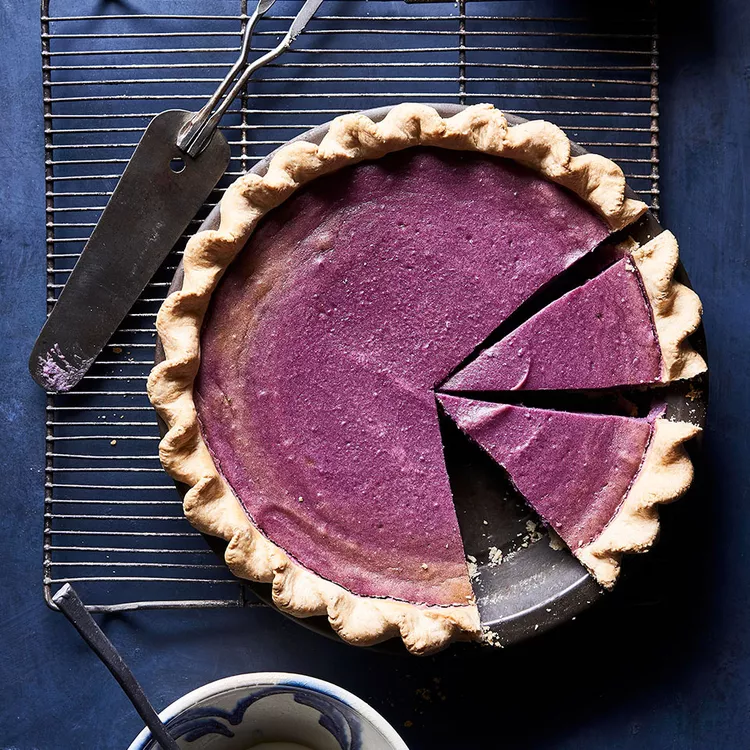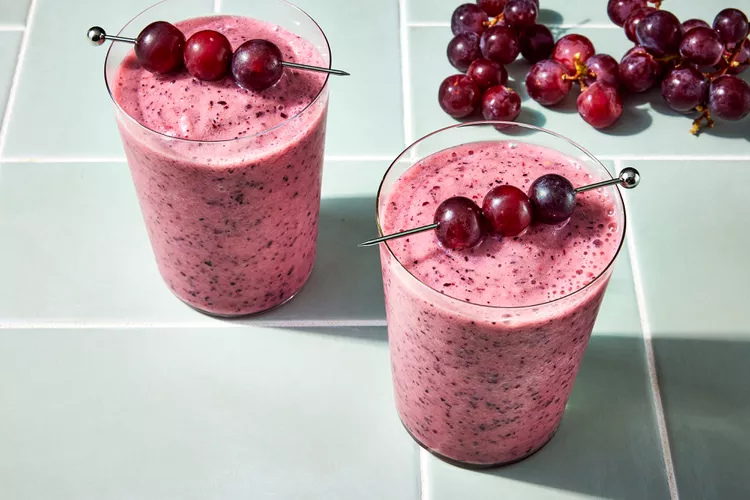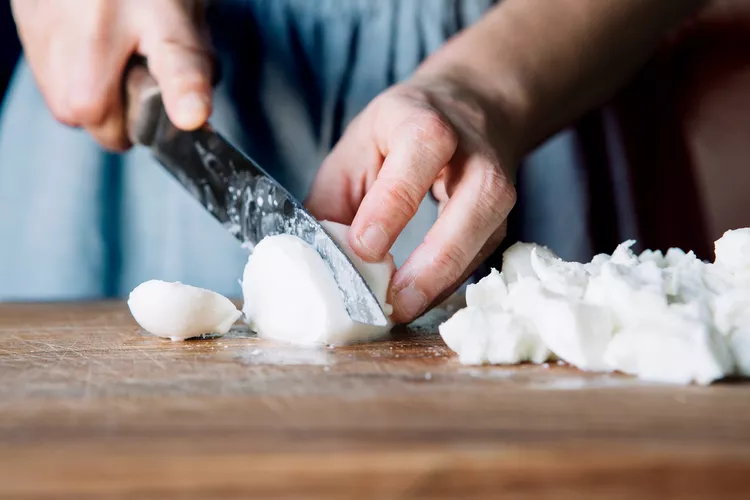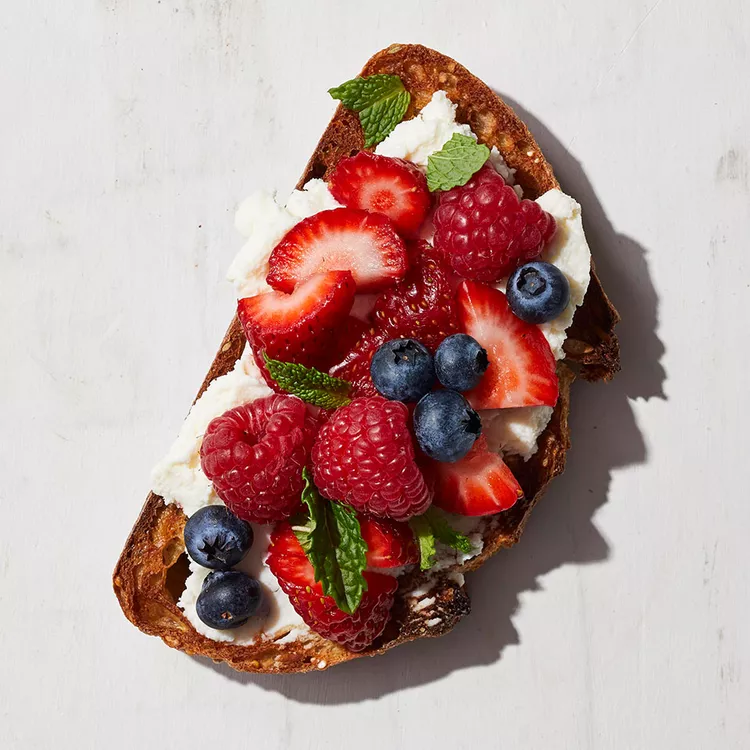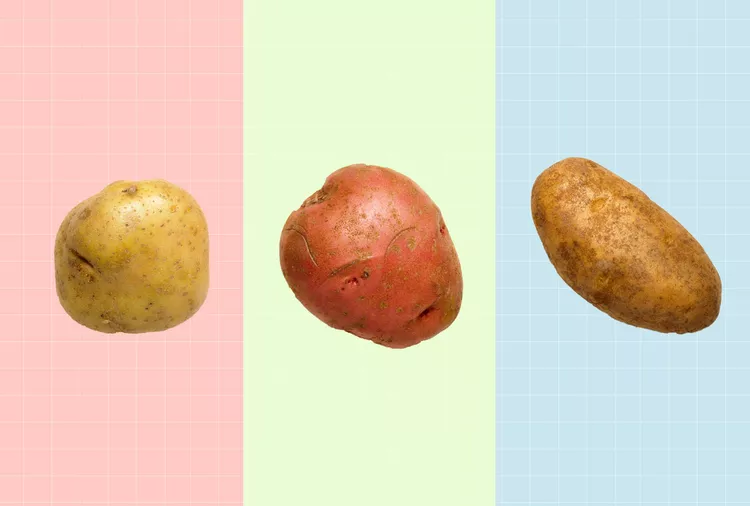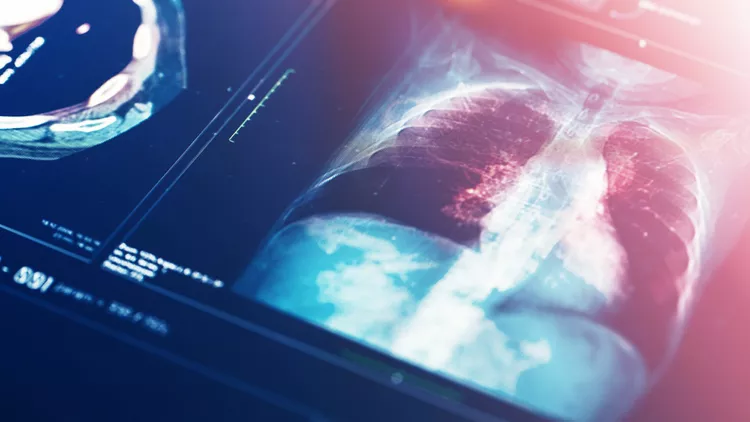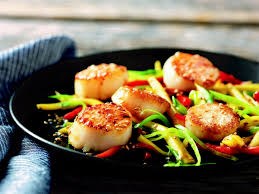Does Matcha Have Caffeine ? a finely ground green tea powder made from the Camellia sinensis plant, is primarily cultivated in Japan and has gained popularity worldwide for its health benefits and unique flavor. Unlike traditional green teas, matcha is rich in antioxidants, which help protect the body from cell damage and reduce the risk of various diseases. One of the standout qualities of matcha is its high caffeine content, often surpassing that of other green teas, providing a more sustained energy boost. While this caffeine boost can be beneficial for alertness, excessive intake may lead to side effects for some individuals.
In this guide, we’ll explore the caffeine levels in matcha and provide tips on preparing this nutrient-packed tea for optimal enjoyment.
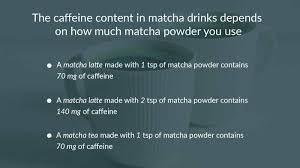
Contents
What is caffeine?
Caffeine is a naturally occurring compound found in tea, coffee, and chocolate, known for its stimulating effects on the body. As a stimulant, caffeine activates the central nervous system, resulting in increased alertness and energy levels. Many individuals turn to caffeine-rich beverages like matcha to enhance their focus and vitality throughout the day.
Research indicates that regular caffeine consumption may also offer protective benefits against various diseases, including stroke, heart disease, and certain types of cancer. However, it’s important to be mindful of the potential downsides, as excessive caffeine intake can lead to negative health consequences.
While there is no universally accepted guideline for caffeine consumption, health experts generally advise that adults should limit their intake to no more than 400 mg per day to minimize risks. It’s essential to recognize that caffeine tolerance can vary significantly from person to person, so consider your individual response when incorporating matcha and other caffeinated products into your daily routine.
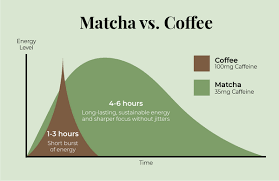
How much caffeine is in matcha ?
The caffeine content in matcha can fluctuate depending on several factors, including the quality of the tea leaves, the amount of powder used, and the brewing duration. On average, matcha contains 19 to 44 mg of caffeine per gram. A typical serving of matcha ranges from 2 to 4 grams (approximately 1/2 to 1 teaspoon), translating to a caffeine range of 38 to 176 mg per serving.
To put this into perspective, coffee beans have about 10 to 12 mg of caffeine per gram. For instance, an 8-ounce (240 mL) cup of coffee made with 10 grams of ground coffee contains roughly 100 mg of caffeine. This means that, depending on the concentration of your matcha preparation, a serving of matcha can contain either more or less caffeine than a comparable serving of coffee. This variability makes matcha a versatile option for those seeking a caffeine boost tailored to their preferences.
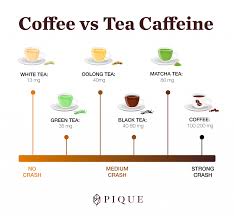
Caffeine in matcha vs. regular green tea
Matcha boasts a higher caffeine content compared to regular green tea. A standard cup (240 mL) of green tea typically contains about 30 mg of caffeine. In contrast, a serving of matcha, which usually involves 2 to 4 grams (approximately 1/2 to 1 teaspoon) of powder, can yield between 38 and 176 mg of caffeine.
It’s important to note that the caffeine levels in green tea can vary significantly based on factors such as the type of tea, its freshness, and the brewing duration. One study indicated that the caffeine concentration in green tea ranges from 10 to 23 mg per gram of tea leaves, resulting in 20 to 90 mg of caffeine per cup. With matcha containing 19 to 44 mg of caffeine per gram, it consistently surpasses the caffeine content found in most regular green teas. This makes matcha an excellent choice for those looking for a more potent caffeine boost while still enjoying the benefits of green tea.
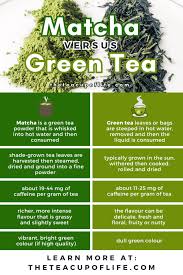
How to make matcha
Making a delicious cup of matcha tea is simple and requires just a few essential ingredients and tools: matcha powder, a mug or cup, hot water, and either a bamboo matcha whisk (known as a chasen) or a regular whisk. For the best results, you might also want to include a small mesh sieve or tea strainer to ensure a smooth blend. Here’s a step-by-step guide to prepare your matcha:
- Spoon 2–4 grams (about 1/2 to 1 teaspoon) of matcha powder into a tea strainer or small mesh sieve positioned over your mug. Sift the matcha to eliminate any clumps for a smoother texture.
- Pour a small amount of hot water (not boiling, ideally around 175°F or 80°C) over the sifted matcha powder. Using your whisk, whisk the mixture vigorously until it becomes frothy on the surface.
- Gradually add the remaining hot water, stirring gently to combine the matcha evenly.
- Enjoy your matcha tea!
This preparation not only delivers a vibrant and flavorful beverage but also harnesses the numerous health benefits of matcha, making it a delightful addition to your daily routine.
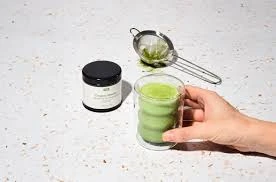
The bottom line
Matcha tea is a unique form of green tea known for its distinctive caffeine content. Generally, it contains more caffeine than typical green teas and can even rival coffee, depending on the amount of matcha powder you use. However, the actual caffeine levels in matcha can fluctuate based on several factors, including the type of matcha, its freshness, and the brewing method employed.
Drinking matcha tea provides an excellent energy boost, making it a popular choice for those seeking enhanced focus and vitality. Preparing matcha at home is simple, and you can also enjoy it at various coffee shops and cafes that serve this vibrant beverage. Whether you’re starting your day or looking for an afternoon pick-me-up, matcha tea offers a delicious and healthful option for increasing your caffeine intake while enjoying its many health benefits.
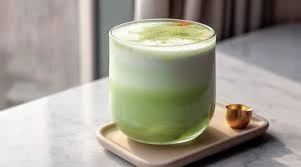
Summary
Caffeine is a naturally occurring stimulant renowned for its ability to enhance energy levels and improve alertness. Found in a variety of sources, including matcha, coffee, teas, and chocolate, caffeine plays a significant role in many people’s daily routines.
When it comes to matcha, it typically contains between 19–44 mg of caffeine per gram, translating to approximately 38–176 mg of caffeine per cup. The actual caffeine content in your matcha will depend on several factors, including the amount of powder used, its freshness, and the brewing technique applied.
You can easily prepare matcha at home by whisking high-quality matcha powder with hot water until it achieves a frothy texture. This delightful beverage not only offers a robust caffeine kick but also provides numerous health benefits, making it a fantastic addition to your diet.
.
